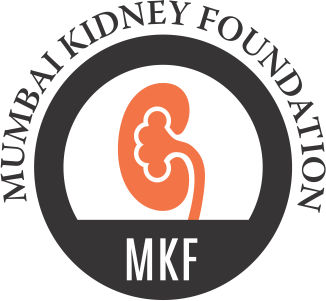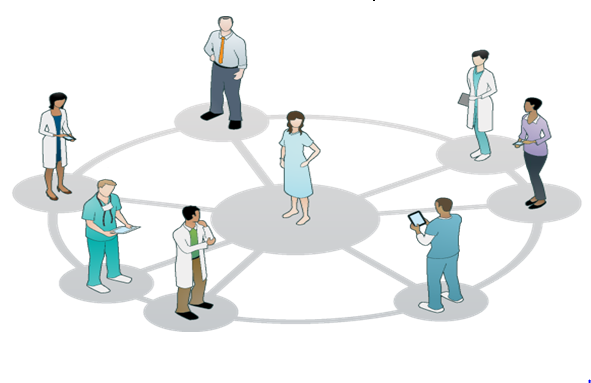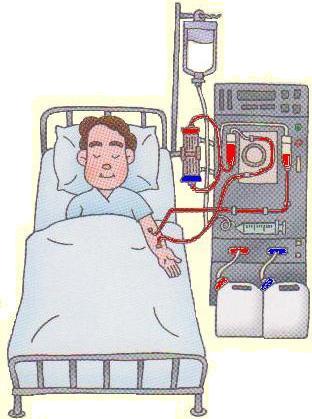Patient-centric care: What’s important to the Patient?
The Institute of Medicine defines Patient-centric care as “Providing care that is respectful of and responsive to individual patient preferences, needs, and values and ensuring that patient values guide all clinical decisions.”
The healthcare world today is moving towards Patient-centric care. What exactly does this mean and why is this important?
If you asked any dialysis patient what is important to him or her when it comes to the outcomes of the dialysis treatment, what do you think they would say?
While healthcare researchers, clinicians and dialysis providers measure outcomes in terms of mortality, % in target Hemoglobin range, adherence to thrice weekly dialysis regimen, strikingly, all this is hardly important to the patient!
For the patient, things that are important coulee be on the lines of:
Amount of pain and discomfort
Ability to be gainfully employed
Ability to travel
Diet and fluid restrictions
How can I have less dialysis?
Will I be able to see my kids grow up?
Also, every single dialysis patient would have different priorities. While some may wish to see their daughter get married, others might want to live a comfortable life, even if short. While some may not mind undergoing more dialysis if it enables them to have fewer diet and fluid restrictions, others may want to undergo the least possible number dialysis of dialysis sessions and would not mind very stringent diet and fluid control.
What is important is for the doctor to ask the patient, “What goals do you have from this treatment?” The doctor must give the options and explain the pros and cons of each option and then help the patient choose a treatment modality that will do the most to help achieve the goals the patient has set.
There is no one-size-fits-all in the Kidney Disease World. While some patients love Peritoneal Dialysis, there are patients who hate it completely.
Recently an initiative called SONG (Standardised Outcomes in Nephrology) was launched to identify the outcomes that are important to the various stakeholders. Patients were also invited to be a part of that initiative. The initial results of this study have started becoming available:
“Although trials in hemodialysis have typically focused on outcomes such as death, adverse events, and biological markers, patients tend to prioritize outcomes that are more relevant to their daily living and well-being. Researchers need to consider interventions that are likely to improve these outcomes and measure and report patient-relevant outcomes in trials, and clinicians may become more patient-orientated by using these outcomes in their clinical encounters.”
Aspects like fatigue/energy, ability to work, ability to sleep, ability to travel, dialysis-free time were among the top ten outcomes that were important to the patients. Not a word about mortality, anemia, MBD!
At the end of the day, medicine is all about treating the patient. Two pieces of the same machinery would have exactly the same characteristics. A human being is much, much more complex than a machine! Shakespeare had said,
“What a piece of work is a man! How noble in reason, how infinite in faculty! In form and moving how express and admirable! In action how like an angel, in apprehension how like a god! The beauty of the world. The paragon of animals.”
Caregivers like providers and doctors must remember this simple fact when they’re treating their patients.







